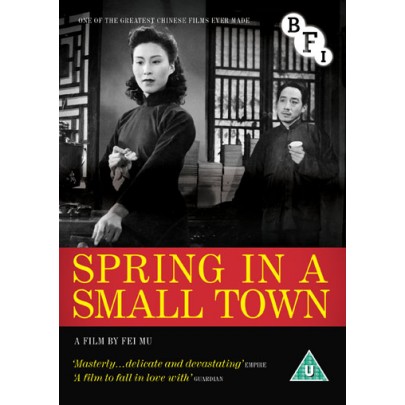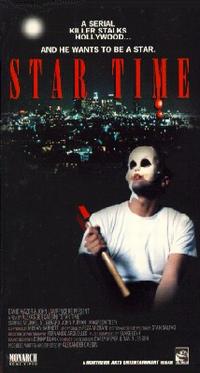Ideas and Afterthoughts, Passion and Repression, Freedom and Predestination: Fei Mu’s SPRING IN A SMALL TOWN
Written for the 120th and final issue of Trafic, Fall 2021, where it appears in Jean-Luc Megus’ French translation. Contributors to this special issue were invited to write about something treasured, bearing in mind the quote from Ezra Pound that’s cited. — J.R.
“I never know how I should end my solos,” John Coltrane reportedly once said to Miles Davis, to which his boss gruffly replied: “Try taking your horn out of your mouth.”
Coltrane’s conceptual orientation versus Davis’s blunt practicality can be felt in the former’s symmetrical, multi-note flurries and rude honks up and down scales, furiously covering almost every available silence with his “sheets of sound”, and the latter’s jagged, elliptical smears and little-boy cries separated by sudden pauses that often register like either interruptions or abrupt afterthoughts, second-guessing himself.
An almost sexual alternation of giving and withholding in a jazz solo becomes a tug of war between conflicting formal as well as sexual impulses — Davis’s version of coitus interruptus versus Coltrane’s giddy flirtations and unresolved foreplay. It persists throughout director Fei Mu’s and screenwriter Li Tianji’s extraordinary Spring in a Small Town (1948), a troubled and troubling piece of cinematic chamber music that seems all the more passionate yet intensely bottled up during the romantic and sexual frustrations of the Coronavirus pandemic. Read more


